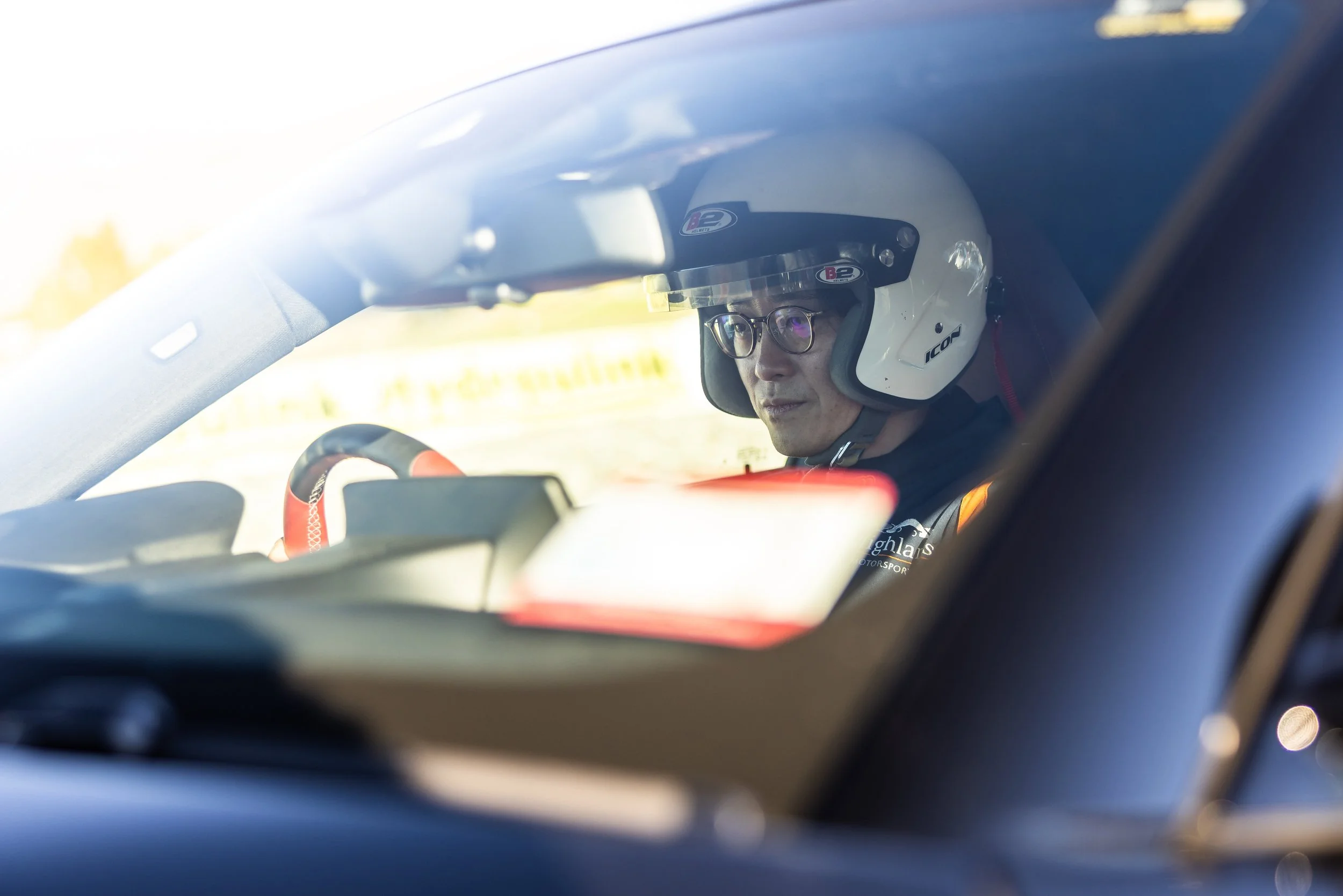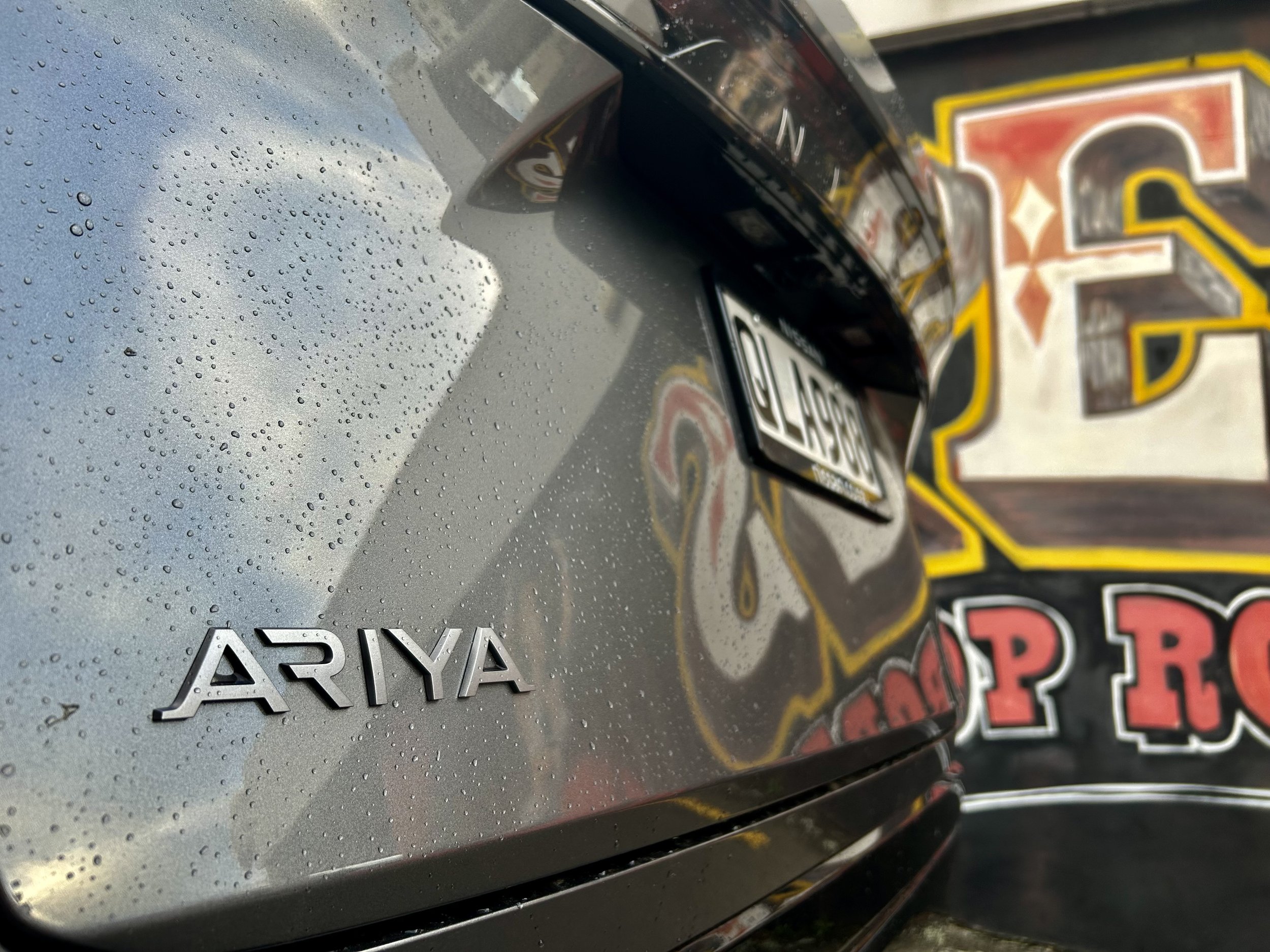Used import shipper pulls plug on all but NZ's favourite EV
/Trade in used ex-Japan electric cars likely takes a blow with ToyoFuji decision.
RISK of fire has compelled a favoured major shipper of used cars from Japan to deny passage to all pre-owned electric cars save the market favourite Nissan Leaf.
The decision by ToyoFuji Shipping raises thought that future sourcing of many popular battery electric cars in pre-owned form could become so complex for independent traders to be considered impossible.
Favoured picks have included Teslas, the Ford Mustang Mach-E, BMW i3, Volkswagen e-Golf, Honda E, some Minis and Peugeots, cars only developed for Japan’s domestic market and some Chinese products developed for elsewhere.
There is no suggestion of any change for NZ-new electric cars - some brands have their own vessels - or even necessarily for ex-overseas used product sourced via a distributor channel, the best example being Toyota’s Signature Class process.
Ironically, the Leaf appears to have been saved because it runs with an outdated battery technology.
ToyoFuji’s determination to implement this new policy from February 1 has been notified on its website and subsequently become a matter of on-line discussion for electric vehicle owners and used sellers.
In a posted letter dated December 25, 2024, the company says from February 1 it will only accept used Nissan Leafs and even this is on proviso they meet prescribed requirements in respect to vehicle condition.
“Other used BEV’s will not be accepted.”
In a covering letter, the shipper says: “taking the recent increase of BEV into consideration, we have been reviewing our current policy of vehicle booking/shipment especially in view of fire safety onboard the vessel.”
ToyoFuji appears to be the second big shipping company delivering to New Zealand from Japan to effect this action.
In 2022 Mitsui OSK Lines, one of the world’s largest shipping companies, suspended shipments of used BEVs. At that time ToyoFuji and a third operator, Armacup Maritime Services, signalled they would continue shipping BEVs and plug-in hybrids here.
ToyoFuji appears to operate four large vessels on runs from Osaka, Nagoya and Yokohama to Auckland, Wellington, Nelson and Lyttelton.
But fire risk - though statically extremely low - has been a subject of concern for the industry for some time.
Several carrier ships transporting these vehicles have been lost or significantly damaged by fire.
The concern about EV battery fires in NZ waters was highlighted with a policy change for the main ferry provider across Cook Strait.
A new policy effected by KiwiRail last month insists that EVs - plug-in hybrids as well as fully electric types - are not rapid charged prior to Interislander check in.
Interislander has also notified it may choose not to transport EVs that have been modified or damaged in a collision.
The big issue is with lithium ion batteries - a chemistry increasingly favoured by car makers but not one used by the Leaf, which as an older model uses a nickel manganese cobalt type with lithium nickel oxide chemistry.
This chemistry has been technically surpassed by more efficient and energy kinds of battery, including by Nissan - its newest electric car here, the Ariya, is lithium ion - though the Leaf has held its own nonetheless.
The challenge with lithium ion is what happens if batteries somehow become damaged in transit and are exposed to sea water.
There’s acceptance that particular scenario might kick off a violent chain reaction of chemical reactions called thermal runaway, which results in overheating that generates toxic gases and risk of explosion. Batteries in that state burn hot, are highly challenging to extinguish and can reignite when exposed to air.
The international car industry has long pointed out that no official crash test has ever caused an EV to catch alight but accepts fires might stem from a fault or crash.
Even then, one Swedish study involving 4.4 million cars - of which 611,000 were electric - concluded EV fires are 20 times less likely to happen than internal combustion car fires.
ToyoFuji already had a policy that any vehicles being shipped had to pass muster, with checks to ensure the battery was in good health and there was no damage to it or the vehicle’s underside.
The Leaf’s continuation as a used import will doubtless appeal.
The car has just ended sale as a NZ-new model here but its status as the country’s most popular EV, with at least 24,000 in circulation seems cemented.
That popularity was built on it being the highest volume used import electric, this favouritism in turn reflecting that it has been cheap and easily available.
Leaf was one of the pioneers of the mass-market electric vehicle, with more than 600,000 examples sold globally.
The second-generation model that has just exited Nissan NZ’s inventory offered a choice of 40kWh and 62kWh batteries, with up to 385km of driving range.
While most NZ-registered Leafs are from Japan, the NZ-new stock always came from a Nissan plant in United Kingdom. That plant stopped making the car last year, transferring instead to Ariya.
Nissan NZ still held a big stock level of product and ultimately, as the NZ-new EV market nosedived during 2024, it had to clear out the inventory with heavy discounting to as low as $30,000; a position that was almost half the full recommended retail.
That action, in turn, has heavily affected the residual value of used import examples - which raises a point about whether the car is still worth shipping in anyway.
Older versions have devalued to point where they are impervious to dealer trading. That’s led to a upsurge in private selling and buying on internet market places.


















